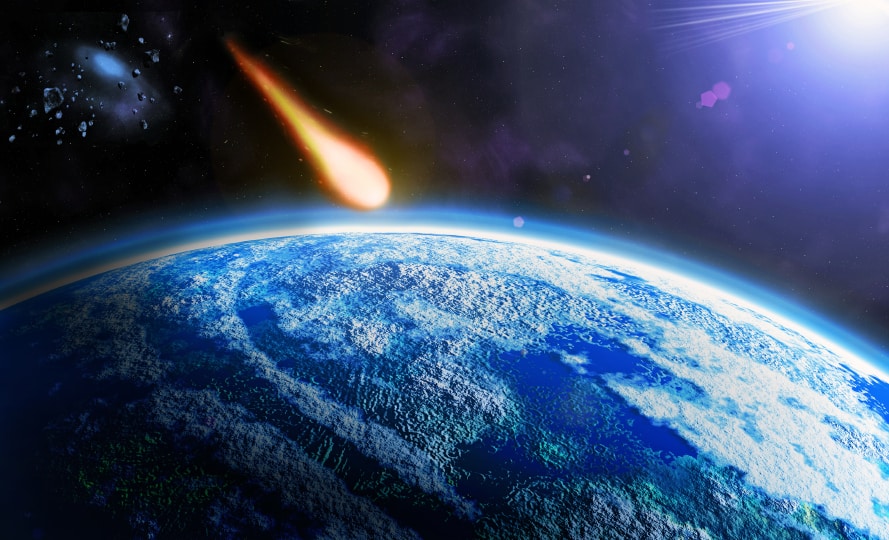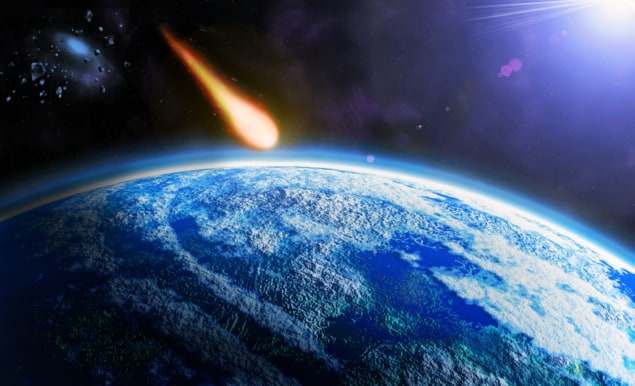NASA’s next-generation asteroid telescope set for South Africa
04 Sep 2018
NASA has announced that a next-generation asteroid-hunting telescope will be located in South Africa. The $3.8m telescope, part of the Asteroid Terrestrial-Impact Last Alert System(ATLAS), will be hosted by the South African Astronomical Observatory (SAAO) in Sutherland. The construction of the telescope’s dome and other supporting infrastructure is expected to start next year with the 50 cm telescope installed in 2020.
The ATLAS project currently consists of two telescopes that are located on the islands of Maui and Hawaii in the northern hemisphere and run by the University of Hawaii. They began operation in 2015 and have discovered over 300 asteroids passing near Earth’s orbit. However, the current location of the telescopes means that ATLAS is blind to roughly 30% of the southern sky. Building two new telescopes in the southern hemisphere will let astronomers search the entire sky for near-Earth objects.READ MORE

The telescope in South Africa, which may be renamed ATLAS 3, will aim to discover, track and classify hundreds of asteroids via a 110 megapixel camera and scan the sky roughly twice a night.
Nicolas Erasmus, a SAAO post-doctoral researcher who works on characterising asteroids, says the search for asteroids by using an algorithm that will scan each image to determine if any object has moved. A detection will then be cross checked to a database that contains about 800 000 asteroids to see whether it is a new discovery. “The observations will also be used to calculate orbits of any newly discovered asteroids and this can be used to predict if there is any chance that it can impact Earth,” says Erasmus.
A second telescope site in the southern hemisphere is yet to be selected, but one option could be Chile, which lost out to South Africa to host the first telescope.
Munyaradzi Makoni is a freelance science writer based in Cape Town
5/9/2018 FROM PHYSICSWORLD.COM
 Threat from above: The new $3.8m telescope in South Africa will be part of NASA's Asteroid Terrestrial-Impact Last Alert System (Courtesy: iStock/PaulPaladin)
Threat from above: The new $3.8m telescope in South Africa will be part of NASA's Asteroid Terrestrial-Impact Last Alert System (Courtesy: iStock/PaulPaladin)
Δεν υπάρχουν σχόλια:
Δημοσίευση σχολίου